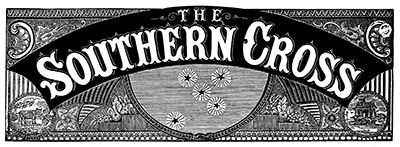New Zealand’s Deputy Prime Minister, Winston Peters, has been making headlines due to his escalating conflict with the media. This dispute has reached a point where Peters is now in search of a new press secretary, as indicated by a recent job posting on Seek.
The Genesis of the Dispute
The disagreement seems to originate from Peters’ conviction that the media played a role in prolonging the Covid-19 lockdown in Auckland. He has pointed fingers at then-Finance Minister Grant Robertson for allegedly violating the Cabinet Manual to establish the Public Interest Journalism Fund (PIJF) worth $55 million. While Peters has not specified what he believes the media was bribed to do, it is presumed to be associated with the Treaty principles.
The Media’s Reaction
Peters’ accusations have stirred up the media industry. His assertion that the media was bribed with $55 million has left many baffled. The fund he referred to, the Public Interest Journalism Fund, was created by the previous government during the pandemic to shield the media from a drastic fall in advertising revenue.
The Political Consequences
Peters’ media war has implications beyond the media sector, influencing the political scene as well. His media confrontations have eclipsed other political happenings and drawn parallels with Donald Trump’s populist discourse. This has led to conjecture that Peters is employing a similar approach to garner votes.
Wrapping Up
The ongoing tussle between Winston Peters and the media has wide-ranging effects, impacting not just the media sector but also New Zealand’s political environment. As Peters persists in his media war, the country waits anxiously to see the outcome of this dispute.
Please be aware that this article is based on the information available as of December 2023 and may not reflect the most recent developments.

